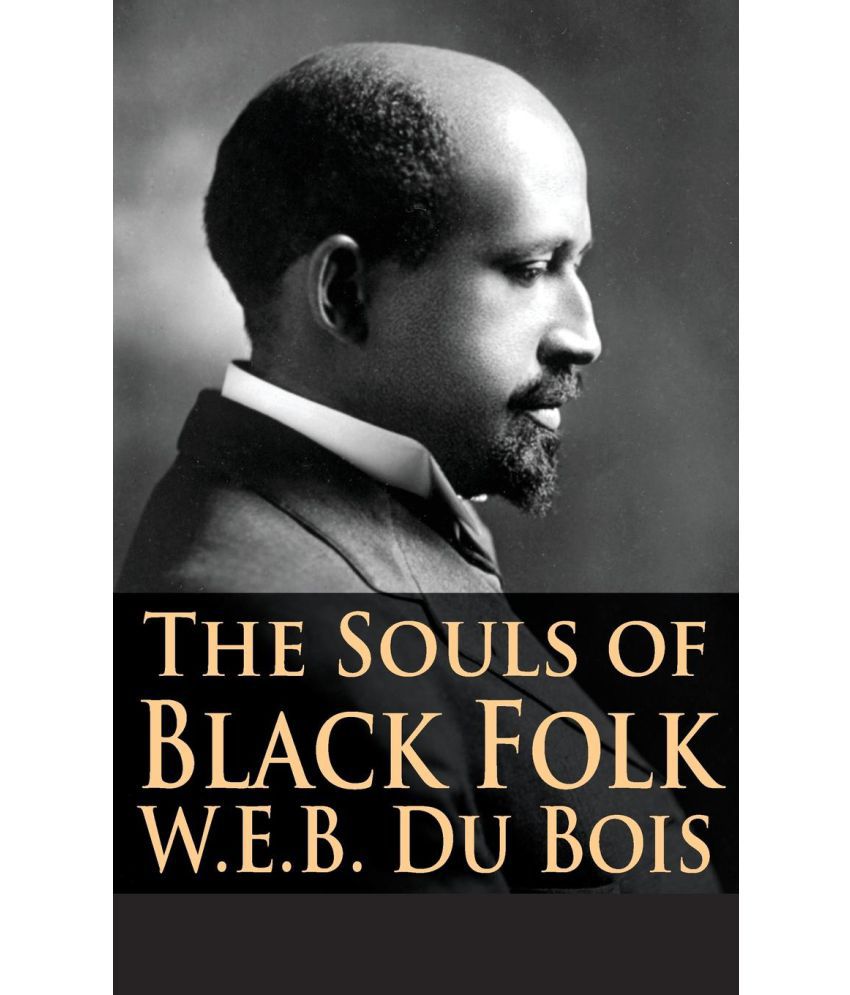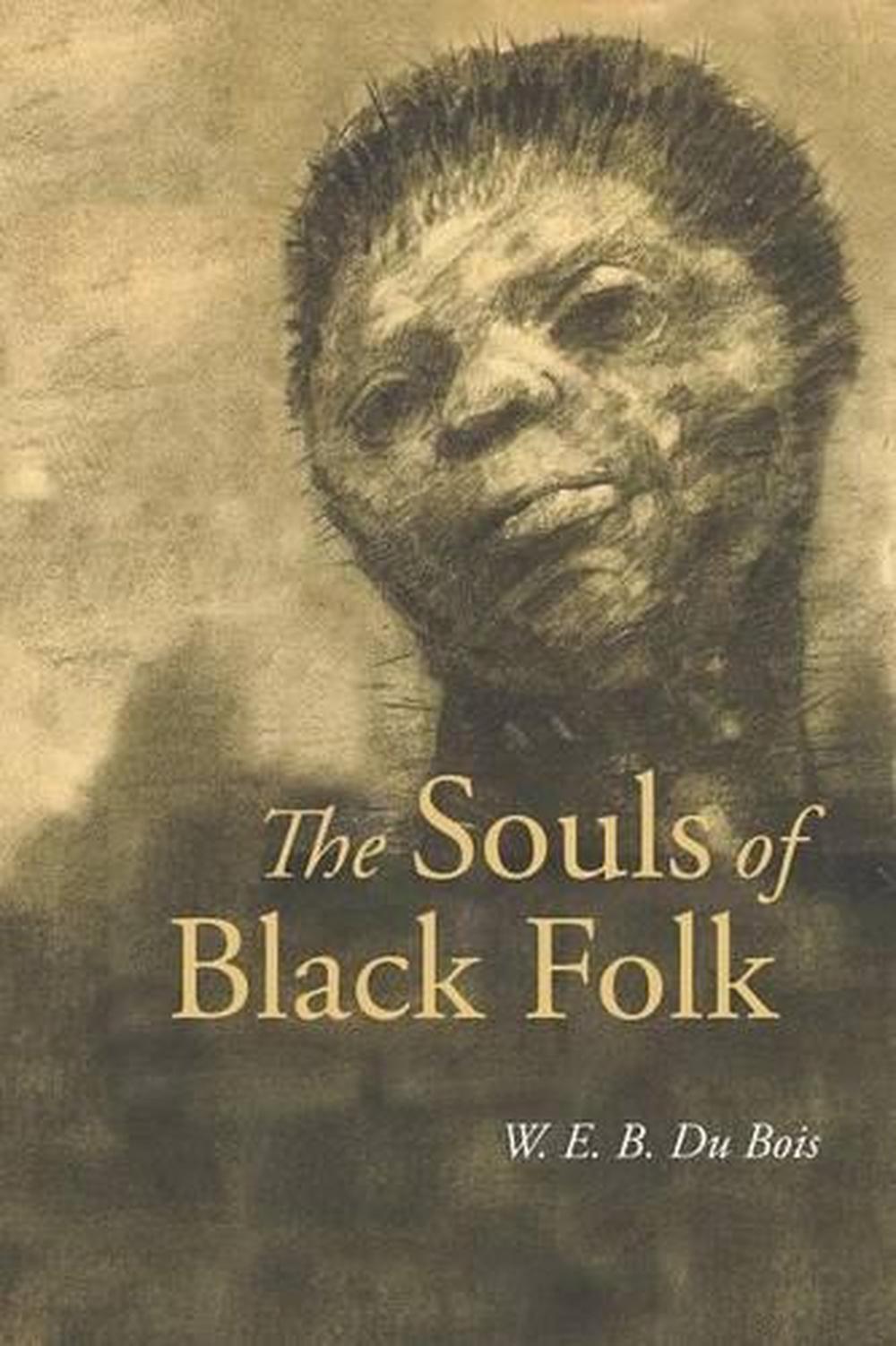


“I figured maybe I’ll get a couple of folders and returned with six microfilm reels. He saw a reference to “Du Bois world war I materials” and asked to see them. Williams was a graduate student at Princeton when he first went to University of Massachusetts-Amherst, where most of Du Bois’s papers are in a library named in his honor. I never thought I’d write a whole book about Du Bois. He really encapsulated the struggle for Black freedom and equality throughout the 20th century in the United States and throughout the broader African diaspora. To Williams, Du Bois was “singular” because of the sheer span of his life: “Ninety-five years born in 1868 during the presidency of Johnson, during Reconstruction, he dies the day before the March on Washington, in Ghana in 1963. “I started reading his other books like Black Reconstruction in America and really came to appreciate him as the most significant Black intellectual and scholar activist in American history.” It is truly one of those timeless, classic books. It had history, sociology, philosophy, music. It was really undefinable as far as discipline. I remember not knowing what to make of this very strange book that had all of these powerful metaphors in it. “My first encounter with Du Bois was during my freshman year at UCLA, in a course on African American nationalism when I read The Souls of Black Folks. “I thought I was going to go to law school but then I realized I didn’t want to be like my parents,” Williams said. Williams lives in Needham, Massachusetts, with his wife, Madeleine Lopez, who directs the Center for Inclusive Excellence at Regis College, and their three children.

The Guardian caught up with him just after he arrived in his hometown, San Francisco, where he was combining promotion for The Wounded World with a reunion with his sister and his parents, both retired attorneys.


 0 kommentar(er)
0 kommentar(er)
